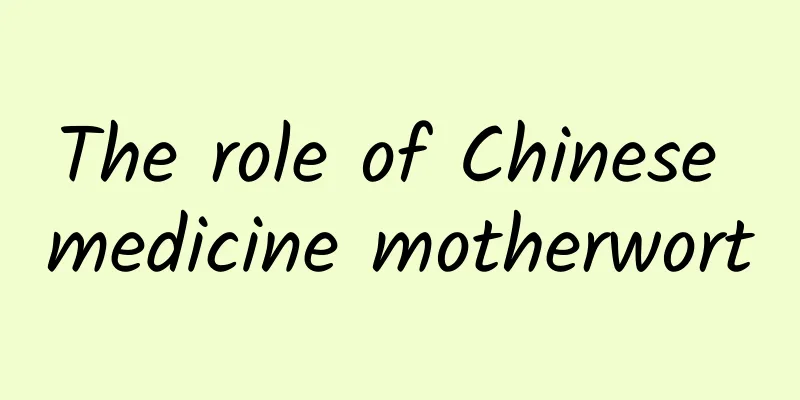The efficacy and function of Castanea nut shell

|
As a traditional Chinese medicine, chestnut shell provides us with a variety of nutrients. It can also solve some diseases encountered by the body, so it is deeply loved by people. Let’s take a look at the nutrients and benefits of chestnut shells. 【English Name】 Exocarp of Chinese Evergreen chinkapin 【Other name】 Castanea henryi shell [Source] The source of the medicinal material: the involucre of the Fagaceae plant Lin Zhen. [Original form] Tree, up to 20m tall, with a breast diameter of 60cm. The bark is dark gray and cracked longitudinally when old. Branchlets have oval lenticels and are glabrous. Leaves are alternate; petiole is 1-2.5cm long; leaf blade is lanceolate or ovate-lanceolate, 7-18cm long, 2-5cm wide, gradually pointed at apex, base often rounded or broadly cuneate, serrated above the middle, with obvious network, leaf surfaces of almost the same color, midrib has protrusions on top, glabrous, with 10-12 pairs of pinnate lateral veins. The flowers are unisexual and monoecious; the male inflorescence is paniculate or spike-shaped, the inflorescence axis is almost glabrous, the male flowers are green-white, small, arranged in upright, branched panicles or spike-shaped inflorescences, clustered at the top of the twigs; each female flower is hidden in a bract and arranged in a short spike-shaped inflorescence. The involucre is about 2.5cm in diameter, covered with dense antler-like sharp spines on the outside, cracks when mature, with 3-4 petals, the cup wall is 1-1.5mm thick, the spines are 0.7-1.4cm long, merged at the base or below the middle to form a bundle of spines, which are densely grown, the inner wall of the cup is densely covered with long brown hairs, the outer wall and spines are covered with gray fine hairs when young, the cup is almost glabrous when mature, each cup has one nut; the nut is nearly ovate, 1-1.3cm in diameter, 1.2-1.6cm high, glabrous, and the navel is almost the same size as the bottom of the fruit. The flowering period is from May to July, and the fruiting period is from September to November of the following year. [Habitat distribution] Ecological environment: It likes warm and humid climate. It often grows in mountains or valleys at an altitude of 200-1500m, mixed with evergreen broad-leaved forests, and sometimes mixed with Masson pine to form mixed forests. 【Nature and flavor】 Bitter; astringent; neutral 【Functions and indications】Removing dampness and heat. Mainly damp-heat diarrhea [Usage and Dosage] For oral use: decoction, 15-30g. 【Excerpt】 Chinese Materia Medica This article introduces some basic knowledge about the medicinal material Castanopsis husk. Castanopsis husk is very effective in treating some related diseases of the human body. Moreover, chestnut shells have a certain conditioning effect on the body and can be consumed in moderation. |
<<: The efficacy and function of Castanopsis leaves
>>: The efficacy and function of Castanea
Recommend
The efficacy and function of Croton tiglium
Croton tiglium is a traditional Chinese medicine....
Why do I get fatty liver even though I am not fat at all? Learn more about the "not simple" fatty liver
Zhou Zhou is a beauty-loving lady. She is well-pr...
Are the Beijing Winter Olympics commemorative banknotes made of plastic? In fact, the banknotes of these countries are not "paper" either
The ice sports commemorative banknote issued by t...
Young people don't get diabetes? 26-year-old programmer's urine attracts a group of ants
Many people think that diabetes is a problem that...
World Economic Forum report: Tourism development is crucial to global economic recovery
The 2021 Travel & Tourism Development Index (...
Besides coffee, what else can drones deliver?
Recently, a piece of news has attracted attention...
Zhengwang Consulting: 2012 China Online Shopping Consumer Survey Report
On May 2, 2012, Zhengwang Consulting recently rel...
Contraindications and efficacy of Cynomorium songaricum
Cynomorium songaricum is a very nourishing Chines...
The efficacy and function of Curcuma zedoaria
Traditional Chinese medicine culture is profound ...
Bacteria test: How many bacteria are there on a mobile phone that is used for 8 hours a day?
The third wave of free total colony count testing...
The benefits of drinking Oriental ginseng in water
Oriental ginseng is a top-grade tonic for the bod...
Is time a false proposition or an illusion? What does the timeline mean?
There are often discussions on the Internet that ...
Polar bear sweater is as warm as down jacket, but only one-fifth the thickness!
Inspired by polar bear fur, the "black techn...
If there was no magic axe and no divine power, how long would it take Chenxiang to rescue his mother?
Image source: Qiantu.com Splitting the mountain t...
Side Effects of Pueraria Mirifica
Pueraria lobata is not a specialty of our country...









